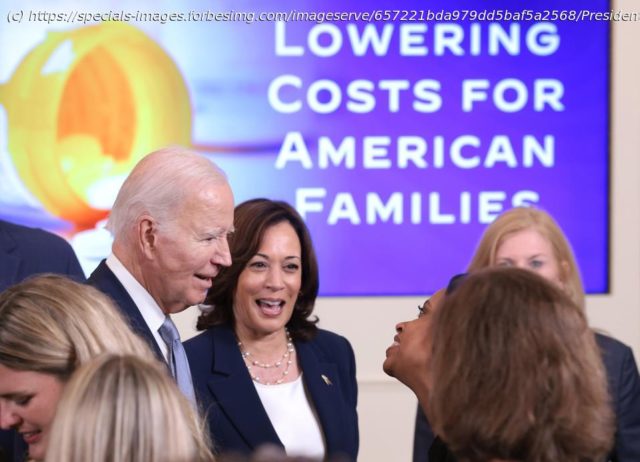Use of march-in-rights depends on government’s interpretation of whether an original patent holder has made products available to the public on “reasonable terms.”
The Biden administration says it seeks to use march-in-rights for certain prescription drugs to lower prices. Today it unveiled a roadmap that would allow the federal government to grant licenses to third parties for products developed using federal funds if the original patent holder does not make them available to the public on “reasonable terms.” It’s unclear, however, which drugs would meet the standard of “reasonable terms.”
On X (formerly known as Twitter) President Biden posted that his Administration is “proposing that if a drug made using taxpayer funds is not reasonably available to Americans, the government reserves the right to “march in” and license that drug to another manufacturer who could sell it for less.”
The Administration issued a draft proposal today that would allow for the National Institutes of Health to more broadly apply so-called march-in rights, which grant third parties license to produce certain pharmaceuticals. This is sometimes called compulsory licensing.
The framework spells out the factors government agencies, including the Departments of Health and Human Services and Commerce, will weigh in determining whether and when to use march-in-rights.
Importantly, the federal government will explicitly consider pricing in deciding whether to use its march-in authority: Specifically, instances in which the price isn’t considered “reasonable.” The draft did not precisely define what would constitute unreasonable prices. However, it did allude to a dearth in competition as one cause of what could be viewed as unreasonably high prices. The proposal cites, for example, alleged misuse of patent laws to delay generic and biosimilar entry.
And, in Biden’s post, he writes that “25 of the largest pharmaceutical companies in America control 70% of the market. This lack of competition drives up prices.” What’s left unsaid is that there is another side to the drug pricing equation, namely payers and pharmacy benefit managers who negotiate prices with manufacturers. March-in-rights will have no impact on these entities. Yet the PBM sector exhibits a high degree of market concentration, with three large players controlling roughly 80% of the market.
Start
United States
USA — Financial Biden Administration Says It Plans To Use March-In-Rights For Drugs To Lower...






